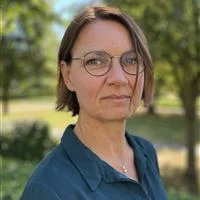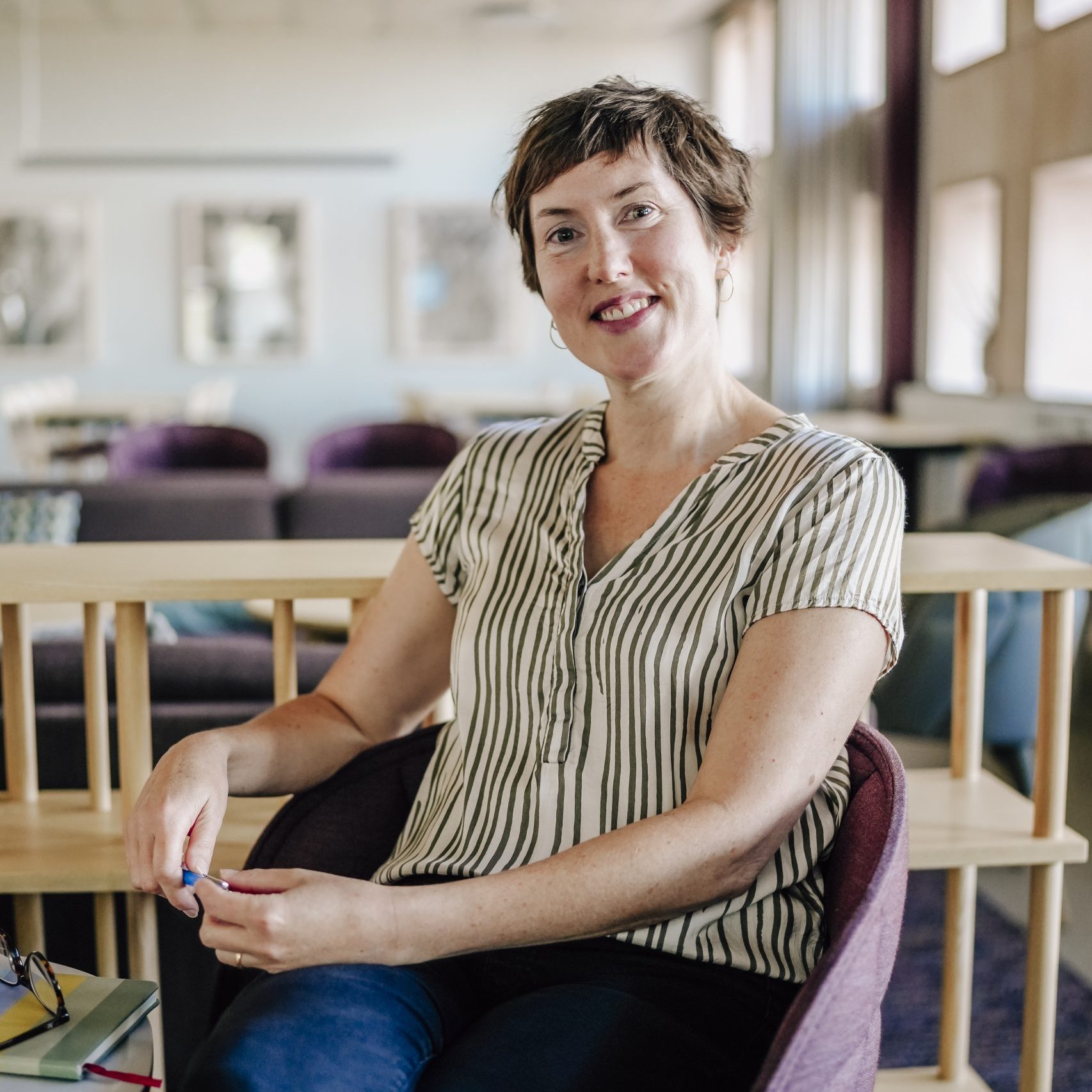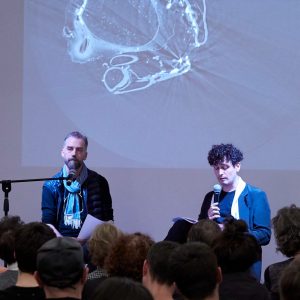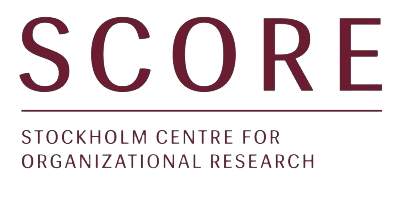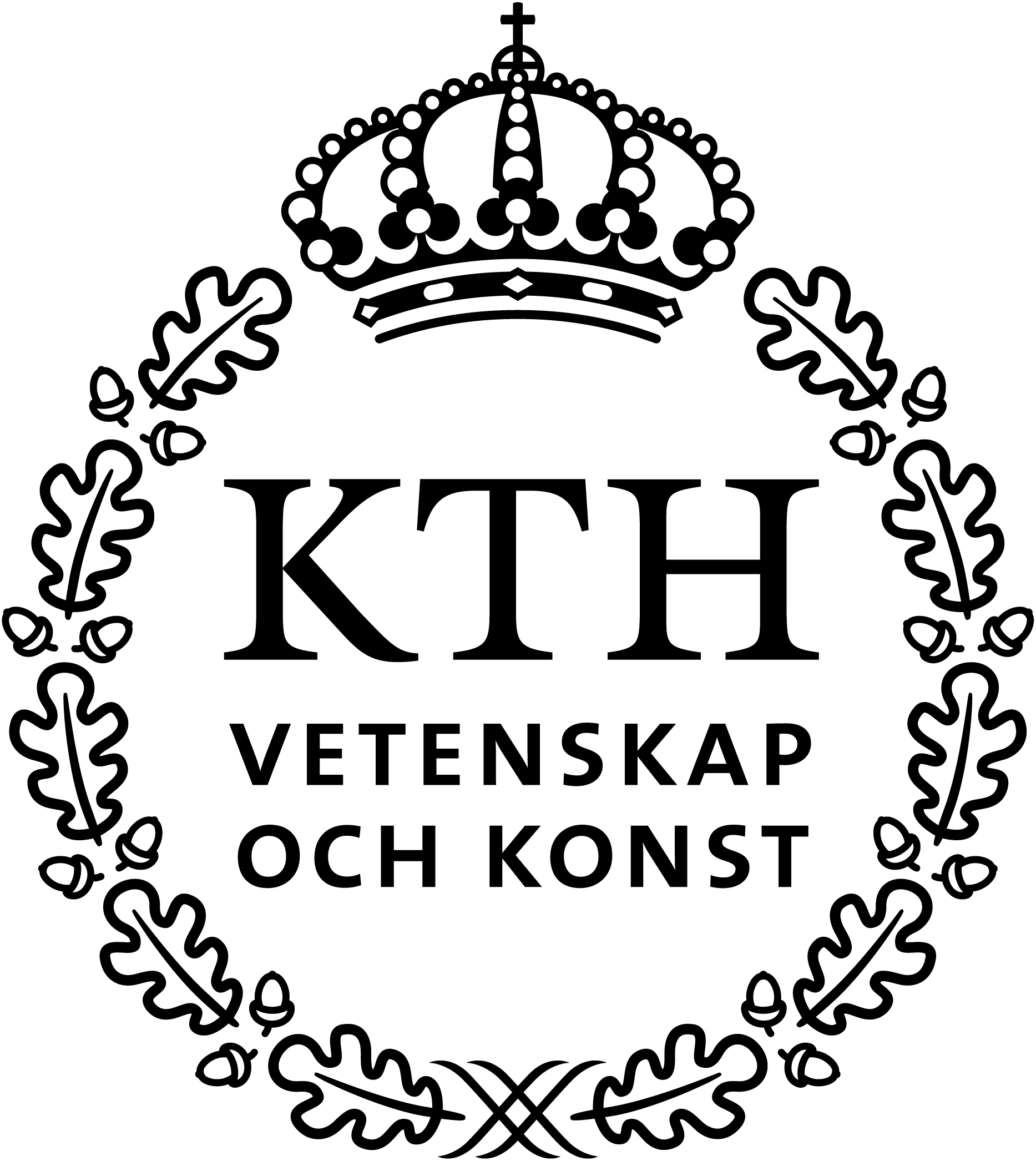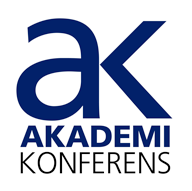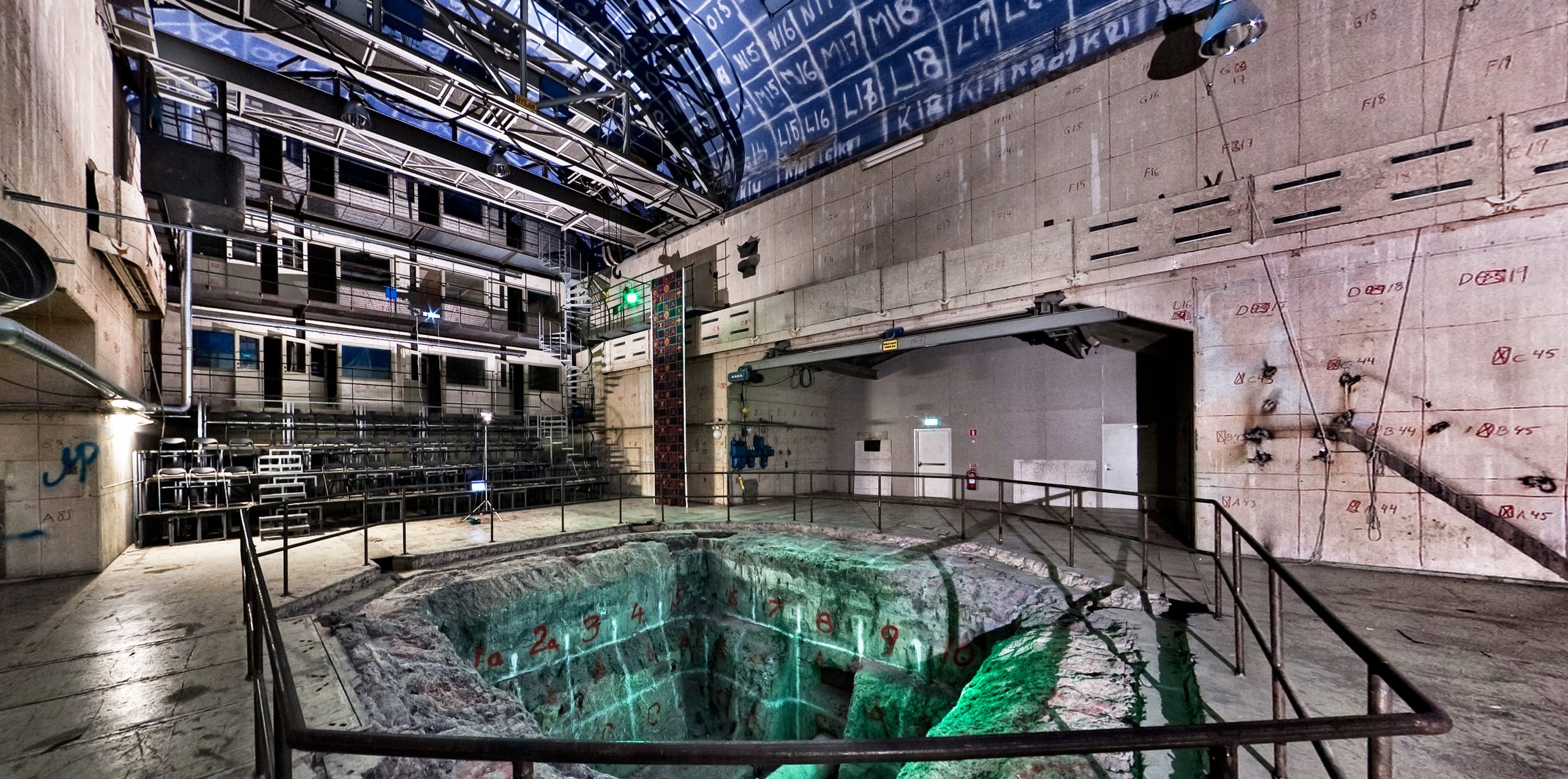
The KTH Reactor Hall. Photo: Jann Lipka
7th Nordic STS Conference
STS in and out of the Laboratory
June 11-13, 2025, Stockholm
PhD-student pre-conference 10 June: Method labs
Keynote speakers
We have the pleasure of introducing the conference’s keynote speakers.
Professor, Brit Ross Winthereik
Technical University of Denmark
Keynote talk: “Where to put the human in the non-places of digitalized societies and STS?”
Abstract - Where to put the human in the non-places of digitalized societies and STS?
The laboratory occupies a special place in Science and Technology Studies. Whether as a secluded site for the production of scientific expertise or as a space for field experimentation that engages the public in endless variations, laboratories have the power to shape societies because they influence our collective imagination of possible futures. In this talk, I will focus on data centers as laboratories for digital societies, where the role of human actors is at stake. As resource-hungry harbingers of European sovereignty, data centers engineer particular roles for local environments. They spawn conflicts and transform relations between citizens and the state, but are difficult to access. Based on ethnographic research in Denmark where hypescale data centers are being built, I will show how data center emplacement impacts democratic participation—not in the form of open protest, but subtly and in ways that invite for a closer examination of changing relationships between citizens, big tech, local environments, and the state. Seen as laboratories, data centers raise new questions for Science and Technology Studies and invite us to reconsider the role of human actors in our own experimentation.
Bio
Brit Ross Winthereik is Professor of Human-Centered Digitalization at the Dept. of Technology, Management and Economics at the Technical University of Denmark. She has a PhD in Science and Technology Studies and anthropology from Erasmus University Rotterdam. Her current research revolves around digitalization processes and the use of data in the public sector of contemporary welfare societies with a particular focus on information infrastructures and human life within. Core to this interest is processes of inclusion and exclusion, data use and accountability in an age of digital citizenship. Her new research is a regional study of data centres in Denmark with a focus on ‘ressourcification’. Among her many publications count ‘Monitoring Movements in Development Aid: Recursive Infrastructures and Partnerships’ (MIT Press, 2013, with Casper Bruun Jensen), ‘Experimenting with Ethnography: A Companion to Analysis’ (Duke University Press, 2021, with Andrea Ballestero), and ‘Handbook for the Anthropology of Technology’ (Palgrave Handbook Series, 2021, with Maja Hojer Bruun el al).
Associate Professor, Katherine Harrison
Linköping University
Keynote talk: “The Laboratory and Its Others – Privilege, Power and Knowledge Production”
Abstract - The Laboratory and Its Others – Privilege, Power and Knowledge Production
STS scholarship has revealed the myriad ways in which laboratories play a crucial role in knowledge production, from routine testing to the promise of cutting-edge, world-changing science. The current attacks on science and on diversity make it more urgent than ever to examine critically the role played by privileged spaces for knowledge production such as the laboratory in shaping Science.
Underneath the shiny promise of the experimental space, the reality is that laboratories are easier spaces for some folx to inhabit than others. This may be concrete, tangible limitations such as doors with access codes, ramps, work bench heights and signage. It may also be networks of influence built on intersections of gender, ethnicity and education that make themselves felt through more subtle cues such as un/familiarity with the vocabularies, uniforms and etiquette of the laboratory.
In my talk, I will share some reflections based on labs that I have encountered as both visiting researcher/ethnographer and as organiser/coordinator. Through these examples I will tease out how the specificities of each instantiation shape the knowledge produced and suggest how we might think with the unavoidable fact that laboratories are always, already situated in ways that risk re/producing a highly normative version of doing Science.
STS scholarship around the laboratory has a crucial role to play right now in connecting the visible and invisible barriers to entry with the broader sociopolitical climate. Given this, to what extent might contemporary reformulations of the lab be even more vital in forging cross-disciplinary conversations with a diverse range of stakeholders?
Bio
Katherine Harrison, Ph.D., is Associate Professor in Gender Studies at Linköping University. Her research sits at the intersection of Science & Technology Studies, media studies, and feminist theory, bringing critical perspectives on knowledge production to studies of different digital technologies. She is currently co-PI for two WASP-HS (Wallenberg AI, Autonomous Systems and Software Program – Humanity and Society) projects titled: “The ethics and social consequences of AI and caring robots. Learning trust, empathy and accountability” and “Operationalising ethics for AI: translation, implementation and accountability challenges”.
Goldin+Senneby
Keynote talk: “Swallow Image: A presentation on images as disease and the economy of brain scans in the MS drug market”
Abstract -"Swallow Image: A presentation on images as disease and the economy of brain scans in the MS drug market"
At the beginning of the new millennium, Jakob Senneby squinted at a grayscale image of his brain while a doctor traced a series of white blobs on the screen. His doctor told him that these figures, captured by an MRI scan, were “white spots”: signs of damage to the nervous system that are associated with multiple sclerosis. In the following years, Senneby—one half of the artist duo Goldin+Senneby—cycled through experimental and largely ineffectual treatments, tracking the progress of the disease with each scan, with each crop of “attacks” launched by his immune system. As he lost faith in the drugs, Senneby learned that the white spots have proven to be a source of immense, hidden value: a booming economy is based on visualizing, counting, and measuring the spots in the development of pharmaceuticals. The drugs have become more and more successful in treating the white spots in the image, but not in addressing the onset of permanent disability—the most critical consequence of the disease. Nevertheless, the value of the market for treatments has reached nearly $30 billion per year.
For Swallow Image, Goldin+Senneby will give a presentation on the evolution of “sick images”—depictions of illness that obscure the accounts of patients—and the lucrative market for MS drugs. The event picks up on two related works by Goldin+Senneby: Spot Price, a blockchain-based artwork that links scans of Senneby’s diseased brain to the value of the drugs targeting such images; and “Regions of Interest,” an essay on living as a medical specimen and source of profit for drug companies, both published by Triple Canopy.
Bio
Goldin+Senneby (since 2004) is an artist duo whose work has explored how economic structures shape our society. In recent years, their practice has increasingly shifted towards questions of care, ecology and the politics of diagnosis. The duo consistently returns to the models, systems and metaphors that structure and frame how we can understand the world. The recurring question for them is how we see rather than what we see.
Goldin+Senneby has exhibited at the biennials in São Paulo, Istanbul and Gwangju; held solo exhibitions at The Power Plant in Toronto, Kadist in Paris, e-flux in New York, and Index, Konsthall C and Tensta Konsthall in Stockholm. Their works are included in the collections of Moderna Museet, Stockholm; Centre Pompidou, Paris; Whitney Museum of American Art; and The Museum of Modern Art in New York.
Swallow Image is presented as part of their ongoing solo exhibition Flare-Up at Accelerator, Stockholm.
Roundtables
The conference organizes several thematic roundtables.
Round table: At the eye of the storm in Arrhenius laboratory: Tracing the progress of climate science – and peering into its future
Participants: Sverker Sörlin (KTH), Silke Beck (University of Munich), and Bård Lahn (Oslo University), chair: Eva Lövbrand
One hundred and thirty years ago Svante Arrhenius published the results of what he called ‘tedious calculations’, showing that doubling CO2 levels in the atmosphere would result in a 5-6 degree rise in temperature. Albeit somewhat off in precision, this was a ‘nice try’ for 1896 – and effectively made Arrhenius one of the founders of climate change science. Ironically, Arrhenius’s outlook was cheerful. He publicly proclaimed: “We would then have some right to indulge in the pleasant belief that our descendants, albeit after many generations, might live under a milder sky and in less barren surroundings than is our lot at present’[1].
Tragically remote today from our understanding of the climate change effect on the Earth, this statement serves as an entry point to a conversation we, Arrhenius’s descendants whose ‘lot’ is much grimmer than he could have imagined, would like to spark off at Svante Arrhenius House at the Nordic Science and Technology Studies conference. We invite you to revisit the beginnings of climate science, its tumultuous relationship with politics, and speculate on where it might be going. We will explore the performative implications of climate modelling globally and locally, and in what ways climate projections are shaping the futures we collectively create.
[1] https://www.theguardian.com/environment/2005/jun/30/climatechange.climatechangeenvironment2
Round table: Nuclear Energy in an Age of Crisis and Turmoil
Participants: Fannie Frederikke Baden, Lund University, Sonali Huria, KTH, Jan-Henrik Meyer, Max Planck Institute for Legal History and Legal Theory, Teva Meyer,Université de Haute-Alsace, Markku Lehtonen, Universitat Pompeu Fabra and Anna Storm, Linköping University
Chair: Per Högselius, KTH
Can nuclear energy save the world from the climate catastrophe? Does the global nuclear industry have the capacity to deploy the resources needed to make nuclear a true climate solution, and do so fast enough and at reasonable/competitive costs? And what about the future of nuclear safety? Can we expect another nuclear disaster in the near or distant future? These are some of the questions that will be discussed at this roundtable. We also hope to discuss the dilemmas of nuclear waste management, the connections between nuclear policies and political ideologies, the tug-of-war for and against state funding of new nuclear projects, and the confusing notion of a “nuclear renaissance”. Moreover, we will try to unveil what nuclear power, now and in the future, symbolizes and what cultural roles it plays in different parts of the world.
Round table: The Humanities and STS: Where did history go?
Participants: Sabine Höhler, KTH, Anna Storm, Linköping University and Jenny Beckman, Uppsala University
Chair: Nina Wormbs, KTH
Whether history has left STS studies or not might be first and foremost an empirical question; however, it might also be one that highlights what STS does and does not in contemporary public debate. Does history of science and technology have anything to offer in this regard, a discipline hard wired in early studies in the field? And can it also shed light on the question of where STS did go in the public sphere? In changing environmental and public climates in which scientific authority, facts and knowledge are being contested from unexpected angles, a longer time perspective with a focus on issues other than the particular ones we face today might prove a valuable intellectual stance.
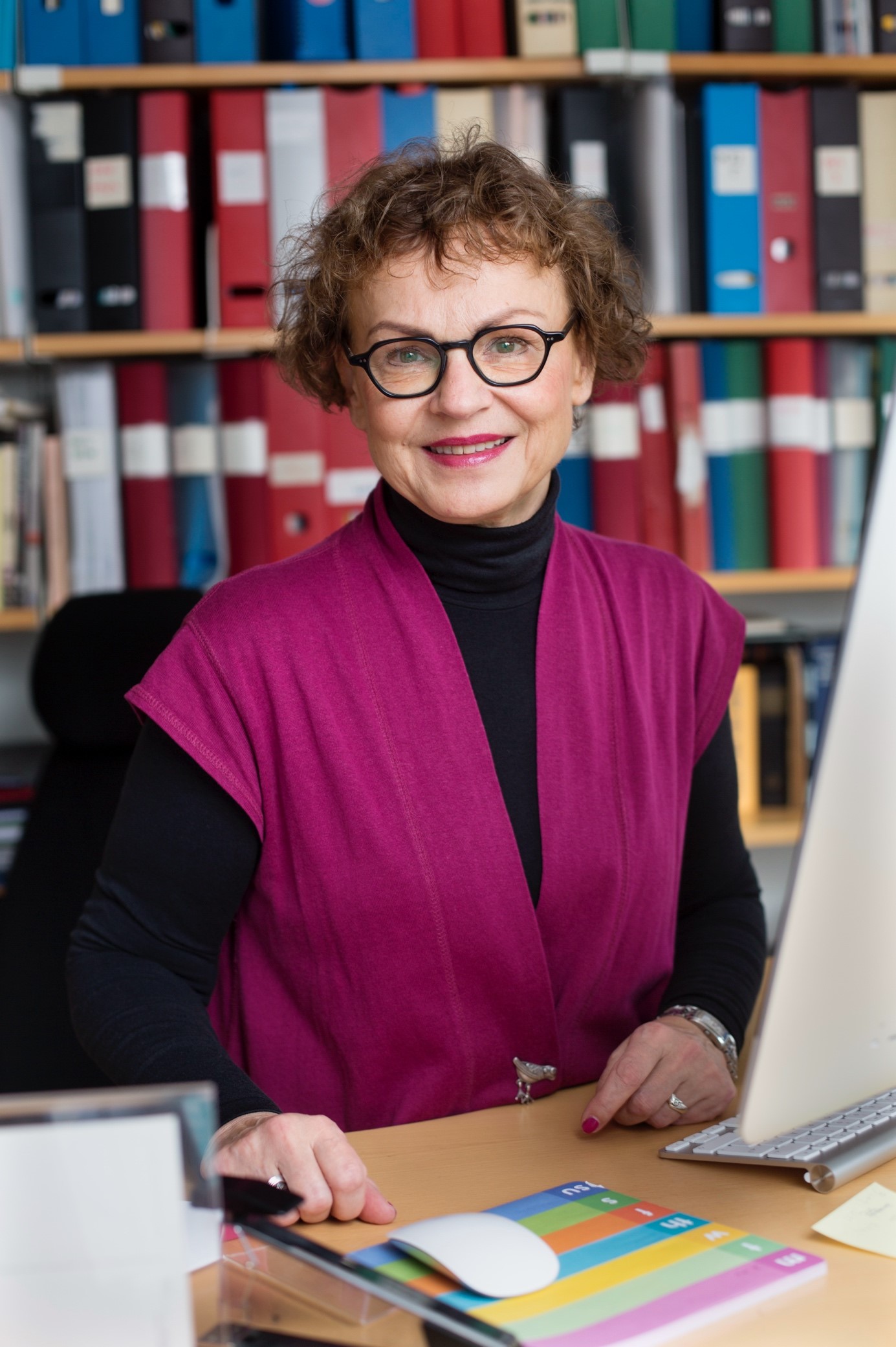
Round table: Reflecting Barbara Czarniawska´s legacy in STS and Organization Studies
Round table organizers: Elena Raviola, Andreas Diedrich, Ulla Eriksson-Zetterquist
Born in Bialystok, Barbara Czarniawska studied psychology and earned a doctorate in Economic Sciences at the University of Warsaw in 1976. After postdoctoral studies at MIT and research in Berlin, she joined the Stockholm School of Economics in 1984, and in 1990 became Sweden’s second female Professor of Business Administration. In 1996, she joined the Gothenburg Research Institute, raising its international profile. Her work shaped Scandinavian social science and connected thinkers like Bruno Latour and Zygmunt Bauman to organization studies.
Czarniawska saw language as central to organizing, echoing Wittgenstein in her view that words are tools—used to label, control, and enact change. Her concept of “talk as work” laid the foundation for studies on consultants, journalists, managers, and even spies. With Bernward Joerges, she extended this to organizational inscriptions, showing how the work of talk is done by humans and technology in action nets that are chained together by narratives (Czarniawska, 2004). Despite her deep engagement with method, she believed that a compelling story often mattered more. Her work bridged organization theory and science and technology studies (STS), creating lasting translations between the two fields. This panel honors and continues her legacy.
Czarniawska, Barbara (2004). Narratives in Social Science Research. London: Sage.
Round table: Ambient Archives
Participants: Cornelia Klutsch, New York University, Paul Eric Aspholm, NIBIO Svanhovd, Anna-Katharina Laboissière, University of Oslo
Chair: Emil Flatø
“The first part of the roundtable consists of a screening of parts of the forthcoming short documentary The Flowers of the Glacier by Cyane Finji and Myriam Gras, followed by a discussion with the filmmakers and Anders Ekström (Professor of History of Ideas and Science, Uppsala University) moderated by Erik Isberg (Postdoc at the Centre for Sustainable Futures, University of Copenhagen and KTH Royal Institute of Technology). The film is a poetic documentary which follows the multi-generational work of Arctic glaciology and botany at the Tarfala research station in Northern Sweden. Flowers of the Glacier acts as a temporal marker, documenting the melting glaciers as a living archive. The film portrays the scientists moving between their fieldwork and their daily lives at the remote research station. It highlights the resilience of both the plants adapting to the rapidly changing landscape and the people studying it. The roundtable discussion will consider the place- specific temporalities of Tarfala, the relationship between science and our understandings of time and climate change, as well as the role of art and film in forging novel narratives about a warming Arctic.
The second part of the roundtable builds on the first, and brings together a multi-disciplinary group of scholars to elaborate on the role of nonhuman archives in the Arctic. Historian of Science Emil Flatø (New York University), philosopher Anna-Katharina Laboissiere (University of Oslo), ecologist Paul Eric Aspholm (NIBIO) and critical mycologist Mustafa Saifuddin (New York University) will discuss how nonhumans could access spaces that remain remote from centers of scientific activity, independently of the historical circumstances that have led to the accumulation of accurate time-series data about the environment in the natural sciences, and outlasting histories of settlement. A hidden aspect of the breakdown of the liberal world order is that the steady accumulation of scientific data sets can no longer be taken for granted. In Northern Scandinavia, cross-border research collaborations with Russia were shut down entirely after the invasion of Ukraine. In the United States, the administration is threatening severe and abrupt cuts to federal research budgets. Faced with looming disruptions, is there hope in the memories of our nonhuman kin?”
Round table: Revisiting the Urban Question in STS
Particpants: Anique Hommels; Andrew Karvonen; Sophia Knopf; Jonathan Metzger; Karl Palmås; Emilia Smeds
Chair: Jonas Bylund
Abstract
By featuring an Urban Labs track at the Nordic STS 2025 conference, we aimed to explore and develop connections between science and technology studies (STS) and the fields of urban and planning studies. The round table will bring together the panels organised at the intersection of these fields to further reflect on the theme and on issues emerging across the individual sessions.
We find such a reflection pertinent since there has been a proliferation of STS-adjacent theories and methods in various urban studies corners. However, mainstream or even core urban development issues and concerns identified in urban and planning studies remain peripheral in STS. There is an acknowledged lack of engagement by STS scholars with concepts from urban studies such as scale and global hierarchies (Farias and Blok, 2017). Considering also a concern that “STS core theories and the urban domain require more attention and more refinement” (Hommels 2020), what could this refinement look like?
The session will start with a conversation between invited panellists representing different sessions and with diverse engagements in these fields. It is followed by a workshop and collegial discussion on these concerns.
Contact us
Conference Secretariat: Academic Conferences
Phone: +46 18 67 10 34 or +46 18 67 10 03
Conference Secretariat email:
nordic-sts2025@akademikonferens.se
Open Panels and Abstract Secretariat:
nordic-sts2025@score.su.se
Important dates
1 October 2024 - Call for Open Panels
10 December 2024 – Deadline submission Open Panels
15 January 2025 - Call for abstracts open
27 March 2025 - Registration open
1 April 2025 - Confirmation of abstract acceptance
30 April 2025 - Deadline early bird registration
15 May 2025 - Deadline abstract authors to register
11-13 June 2025 - Conference dates
